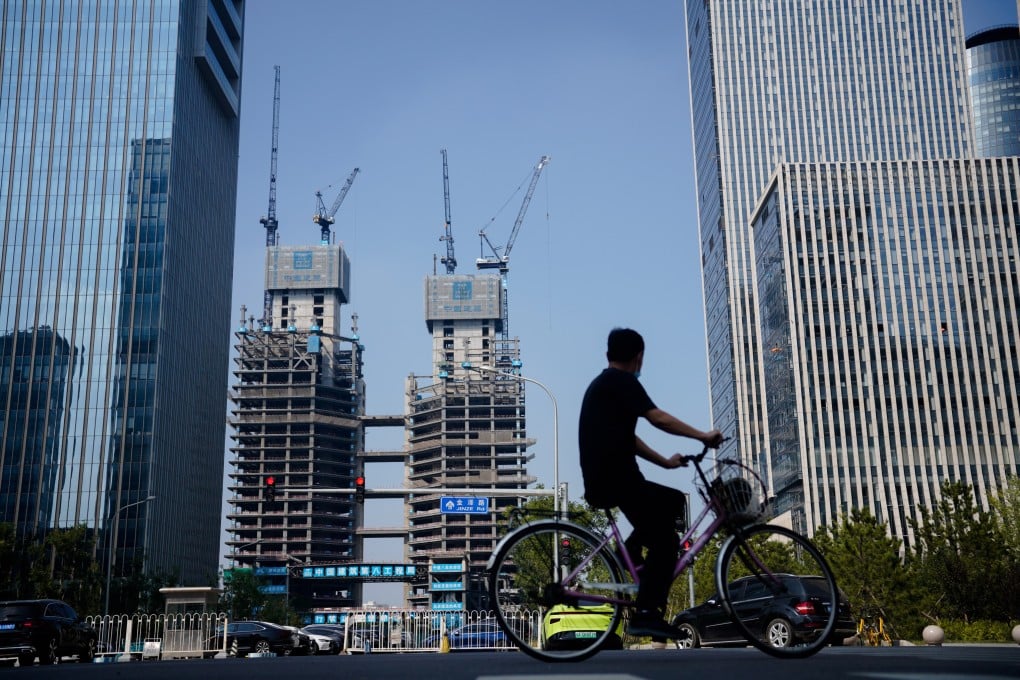Massive correction in China’s commercial property market has two more years to run, HSBC CEO Quinn says
- ‘It’s a faster correction and a more decisive one than I was expecting,’ CEO Quinn says at a conference
- Time is needed for global capital markets to respond to policy tweaks by Chinese authorities to stabilise the sector

“It’s a faster correction and a more decisive one than I was expecting, or I think anyone was expecting, and I think it’s got quite a while to go before it really stabilises,” Quinn said at a Bank of America conference on Tuesday. “You could be looking at another two plus years of correction.”
HSBC said last month it would take further charges against its more than US$12 billion of exposure to commercial real estate in China, where it is the biggest foreign bank, as a third of those assets are deemed substandard or impaired, chief financial officer Ewen Stevensoon said. The sector is nonetheless “modest” in the context of HSBC’s overall lending book, he added.
China’s property developers posted their worst first-half earnings in over a decade, an outcome that is likely to pressure stocks further even as the government boosts efforts to stabilise the broader sector.
